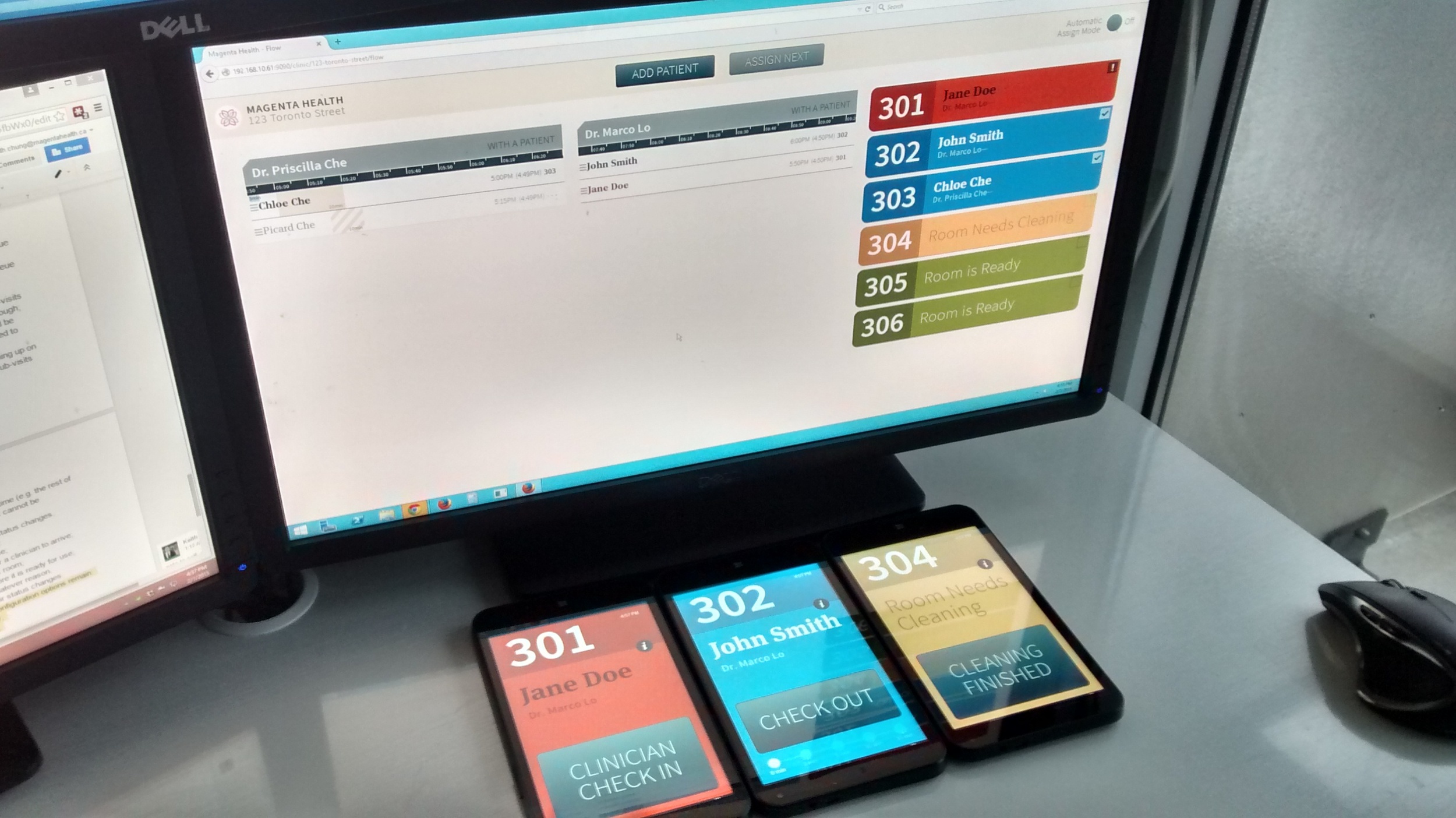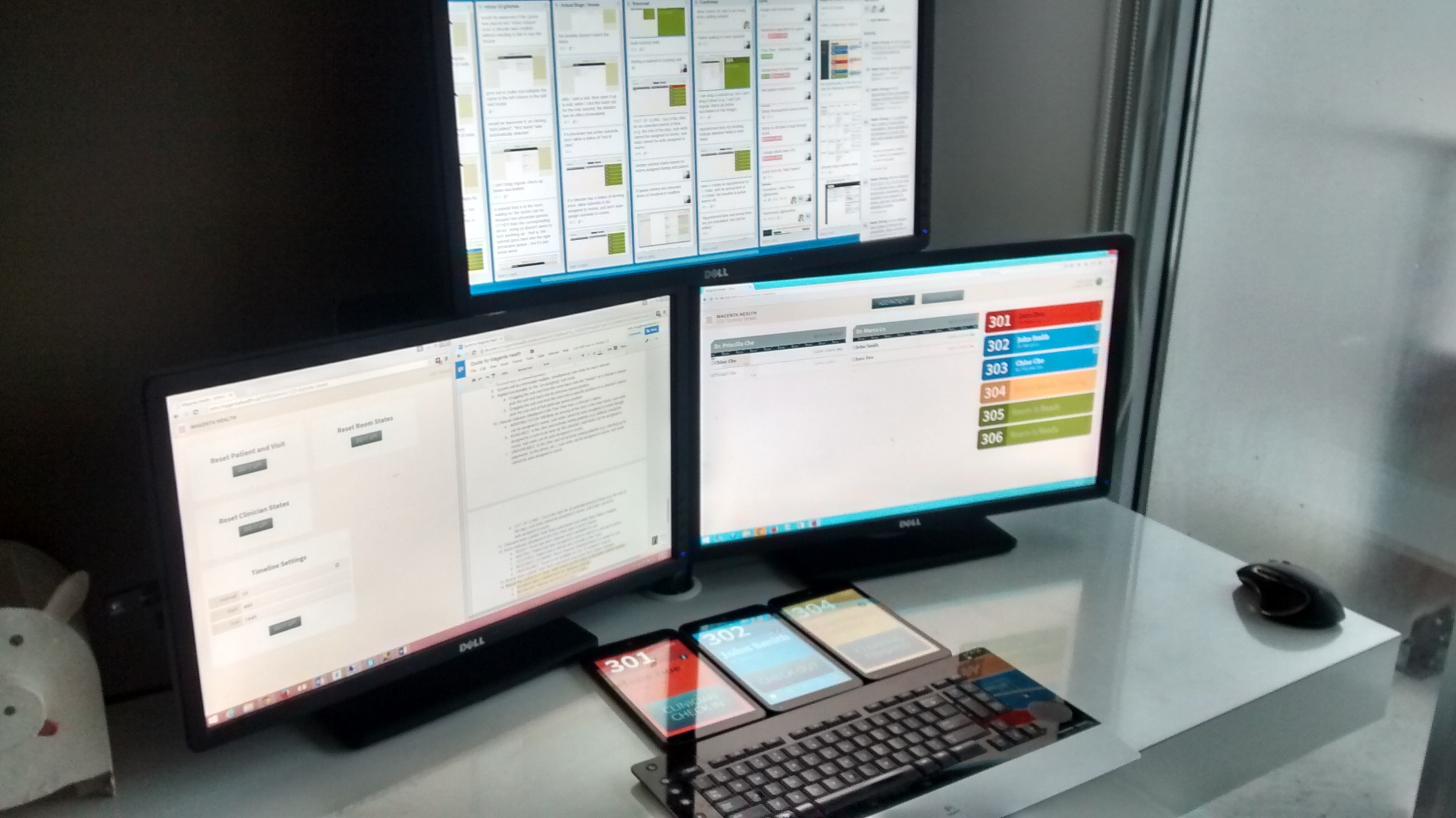Among the many planned changes to Ontario's health care system, something that we think deserves particular attention are the changes that will negatively affect how many new family physicians will be able to provide care to patients.
It’s important to understand that existing Magenta Health patients will likely not be affected by these changes, but we nevertheless ask you to consider the issues presented below and to voice any concerns with the planned changes. A few suggestions for how to do so are provided towards the bottom of this post.
While there are many changes, in our view, the key change is that OHIP will largely return to only covering in-person visits with new family physicians. This nuance is one of the primary reasons why family doctors traditionally did not provide medical care for patients by telephone or by email.
As a clinic that emphasizes using technology to care for patients in a timely, convenient, effective, and efficient way, this change is in direct opposition to how we think family medicine should be practiced in this day and age.
Put in more concrete terms, the planned changes will prevent many future family physicians from providing:
- Medical advice by email or telephone;
- Telephone or other remote appointments;
- Prescription renewals by fax or phone;
- Lab results by email or telephone; and
- Lab and imaging requisitions by email or fax.
Other negative effects include increasing the functional cost of medical care by forcing patients to take time off work or school, and requiring patients to travel for medical care. The effects of these changes on low-income or other disadvantaged groups is particularly troubling; consider, for example, the impact of this change on caregivers with dependents or individuals with mobility challenges.
Even if these changes likely don’t directly impact existing Magenta Health physicians and patients, we believe these planned changes are the wrong approach for Ontario’s health care system, and that it’s important to voice our concerns in this respect.
Should you agree, some steps that you can take include:
- Visiting this website to contact your MPP and to share your thoughts on this issue (there’s a pre-written letter that you can send);
- Calling your MPP to express your concerns;
- Sharing, posting, and tweeting this blog post with your friends and family.
We’ll continue to keep you advised of the impact of these changes.















